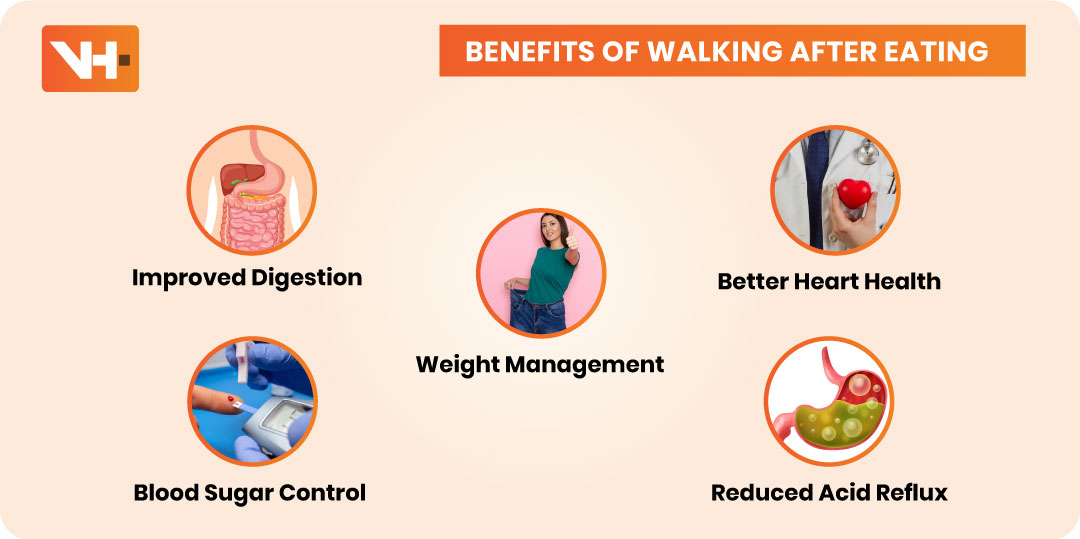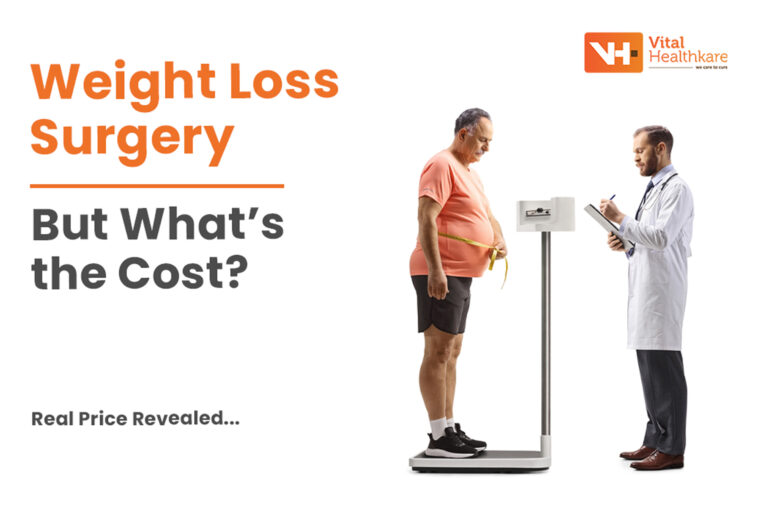We often hear that walking is one of the simplest and most effective forms of exercise. But what about walking right after meals? Many people wonder, “Should we walk after dinner?” or even after lunch. The truth is, walking after eating can have multiple health benefits if done the right way. Let’s break it down into benefits, ideal duration, intensity, and a simple takeaway you can follow.
Benefits of Walking After Eating
Improved Digestion
A light walk after meals helps your stomach move food along more smoothly. It encourages better digestion and reduces that heavy or bloated feeling many of us get after a large meal.Blood Sugar Control
Studies show that walking after eating helps regulate blood sugar spikes. This is especially useful for people with prediabetes or diabetes, as it can help the body manage glucose more efficiently.Better Heart Health
A simple habit like walking after dinner can reduce cholesterol and improve circulation. Over time, this supports overall cardiovascular health.Weight Management
Even 10–15 minutes of light walking after eating can help burn calories and prevent fat storage. It’s not a substitute for a workout, but it adds up as part of a healthy lifestyle.Reduced Acid Reflux
For those who suffer from acidity or heartburn, walking gently after meals may ease symptoms by keeping food moving downward rather than upward.

How Long Should You Walk After Eating?
One of the most common questions is: “How long should we walk after dinner?” The answer: keep it short and simple.
10 to 20 minutes of walking is enough.
You don’t need a long workout session right after meals; in fact, overdoing it can backfire.
A short stroll is enough to gain digestive and metabolic benefits.
Think of it as a gentle activity, not a calorie-burning marathon.
Intensity: How Hard Should You Walk After Eating?
Walking after eating should feel light and comfortable.
Keep it low to moderate intensity: A pace where you can talk without gasping for breath.
Avoid brisk walking immediately after meals: Going too fast can cause cramps, discomfort, or indigestion.
Choose flat ground: Steep climbs or heavy exertion right after dinner can strain your stomach.
The goal isn’t to “burn off” the food immediately but to help your body process it smoothly.
Should We Walk After Dinner?
Yes — but wisely. Walking after dinner offers special benefits:
It prevents that heavy, sleepy feeling many of us experience after a big meal.
It promotes relaxation and may even improve sleep quality.
It helps regulate overnight blood sugar levels, especially useful for people with lifestyle diseases.
So, instead of heading straight to the couch or bed, a 15-minute post-dinner walk is a habit worth keeping.
Takeaway
Walking after eating is one of those small lifestyle habits with big long-term rewards. From digestion to blood sugar control, it supports your health without requiring extra time or equipment.
Duration: 10–20 minutes.
Intensity: Light, comfortable pace.
Best timing: Within 30 minutes after meals, especially dinner.
So next time you’re wondering, “Should we walk after dinner?” — the answer is yes, but keep it light and enjoyable. Make it part of your routine, and over time, you’ll notice the difference in your energy, digestion, and overall health.
Frequently Asked Questions (FAQs)
Is plastic surgery for men common?
What are the most popular plastic surgery procedures for men?
How is plastic surgery for men different from women?
From BLog
News & Articles
Explore our latest news and in-depth articles featuring expert opinions, trending topics, and valuable insights to keep you informed and inspired.





